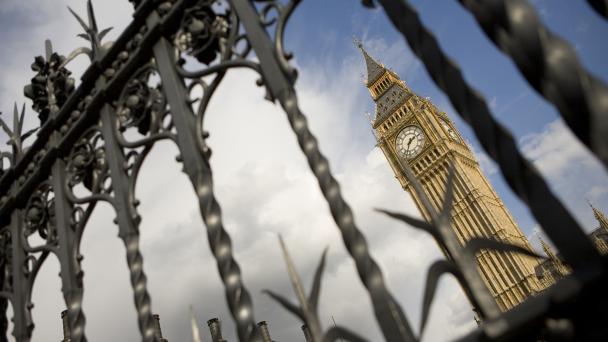Exploring today’s attitudes for tomorrow’s election


In a period of extended recession, and with the coalition government having embarked on a severe programme of cuts to public services, we ask how the British public is reacting. Are people looking to the state to protect public services and social welfare, or are they turning away from government being the answer? With nearly three decades of data covering three recessions and five prime ministers, British Social Attitudes is uniquely placed to answer these questions.
Back in March 1983, when interviewing for the first British Social Attitudes survey began, Margaret Thatcher's Conservative Party was nearing the end of its first term in office. A few months later it enjoyed its second election victory, winning 44 per cent of the vote and all but wiping out Michael Foot's Labour Party as an electoral force in the south of England. The Conservatives won despite the fact that over three million were unemployed during the early 1980s, an unemployment rate of over 10 per cent. The digital world was still in its infancy: Sinclair's ZX Spectrum was the top-selling home computer while 1983 saw the launch of both the Compact Disc and the first commercially available handheld mobile phone, weighing almost 800 grams and costing over £2,000.[1] Rather than being a globalised world, the Berlin Wall still divided East from Western Europe, while Ronald Reagan's tenure as President of the United States did not seem destined to reduce Cold War tensions.
There are some similarities between today's Britain and the Britain we first surveyed back in 1983. The global financial crisis of 2008 and the recession that followed have seen unemployment increase once again, although not to the levels of the early 1980s. At the time of writing, unemployment stands at 7.8 per cent of the economically active population, or 2.51 million people (Office for National Statistics, 2013). But in many other respects - whether demographically, politically, economically or socially - Britain has clearly changed a great deal over the last 30 years. The UK population has not only grown (standing at over 63 million according to the 2011 Census, up from just over 56 million in 1983) but also become more diverse. Since 1991, the population with a non-white ethnic background has more than doubled, from three to seven million, and now accounts for 14 per cent of the UK population (Jivraj, 2012).
The structure of the job market has changed, with increases in the proportions of professional, managerial and non-routine 'service' occupations and a decline in routine administrative and non-routine manual jobs (Holmes and Mayhew, 2012). Women now form about 45 per cent of the workforce, up from 38 per cent in 1971. Our family lives have changed markedly too; cohabitation has increased considerably, as has the proportion of children born outside marriage. As in 1983, the Labour Party is in opposition, this time following three terms in office between 1997 and 2010, but today's party is much altered from its 1980s incarnation, having moved closer to the political central ground. Finally, a digital revolution has meant that, in little more than a generation, worldwide communication has become an everyday and instant occurrence, with access to the internet now considered almost a fourth utility.
This report investigates whether there have been similarly widespread changes in public attitudes since the early 1980s. Have people changed their views about how much help government should give to pensioners or the unemployed? Are certain forms of sexual behaviour seen as more acceptable now than three decades ago? What has happened to public trust in government and other institutions? The report covers a wide range of topics, and here we highlight some of the key themes that emerge, teasing out the different factors that underpin changing attitudes. We focus on four subjects in particular: identities; personal relationships; public spending; and trust, politics and institutions. Where possible we also draw out what this means in terms of current policy debates, and read the runes as to how attitudes might shift over the next few decades.
We can only do this by having access to robust and repeated measures of people's attitudes towards key political, social and moral issues taken over many years. Ever since NatCen Social Research's British Social Attitudes survey began in 1983 it has regularly asked a representative sample of people their views about a wide range of topics, creating a unique record of how social attitudes have evolved over the course of the last 30 years.
Receive a regular update, sent directly to your inbox, with a summary of our current events, research, blogs and comment.
Subscribe